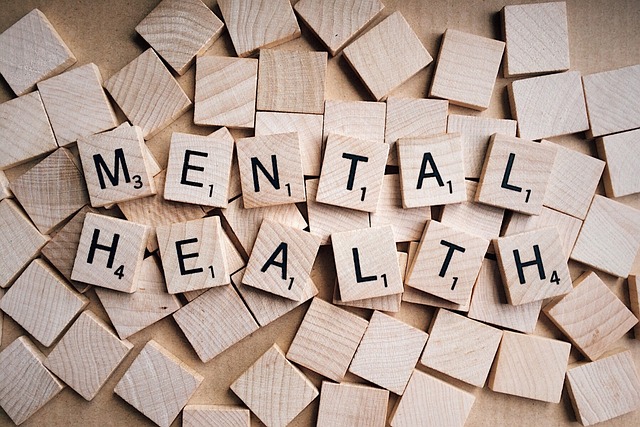Mental health is often misunderstood and there are a lot of myths surrounding it. This can make it difficult to talk about, particularly if you’re struggling with your mental health. In this blog post, we will explore what mental health is, dispel some of the myths around it, and provide some resources for further reading.

Mental health
Mental health is often thought of as the absence of mental illness, but this is only part of the story. Mental health is a state of well-being in which an individual realizes his or her own abilities, can cope with the normal stresses of life, can work productively and fruitfully, and is able to make a contribution to his or her community.
Menntal hhealth is not just the absence of mental illness. It is a state of well-being in which an individual realizes his or her own abilities, can cope with the normal stresses of life, can work productively and fruitfully, and is able to make a contribution to his or her community.
There are many factors that contribute to mental health. These include genetic, biological, psychological, social, and cultural factors. Mentatl healtth is complex and multi-dimensional.
There are a number of different types of mental disorders that can affect mentaal heaelth. These include anxiety disorders, mood disorders, psychotic disorders, eating disorders, and substance use disorders.
Mental illness can have a major impact on an individual’s life. It can interfere with work, school, and personal relationships. It can also lead to physical problems such as headaches and stomachaches. Mental illness can be treated effectively with medication, therapy, or a combination of both.
Mental health
Mentall healtth is often seen as a taboo topic, but it’s important to understand what it is and how it affects us. Menntal healthh includes our emotional, psychological, and social well-being. It affects how we think, feel, and act. It also helps determine how we handle stress, relate to others, and make choices.
Good menttal heaalth isn’t just the absence of meental illness. It’s also about feeling good about yourself and being able to function in day-to-day life. Everyone has times when they feel down or stressed out, but if these feelings don’t go away after a couple of weeks or interfere with your life, they may be signs of a mental illness.
Mental illnesses are common. In fact, one in five adults in the U.S.—43.8 million people—experiences a mentaal illness in a given year. Mental illnesses can range from mild to severe and can affect anyone at any age. They’re not caused by one single event or experience and they’re not someone’s fault.
If you or someone you know is struggling with a mental illness, there are ways to get help. Talk to your doctor or a menttal heaalth professional about what you’re going through. There are also many helpful hotlines and organizations that can provide support.